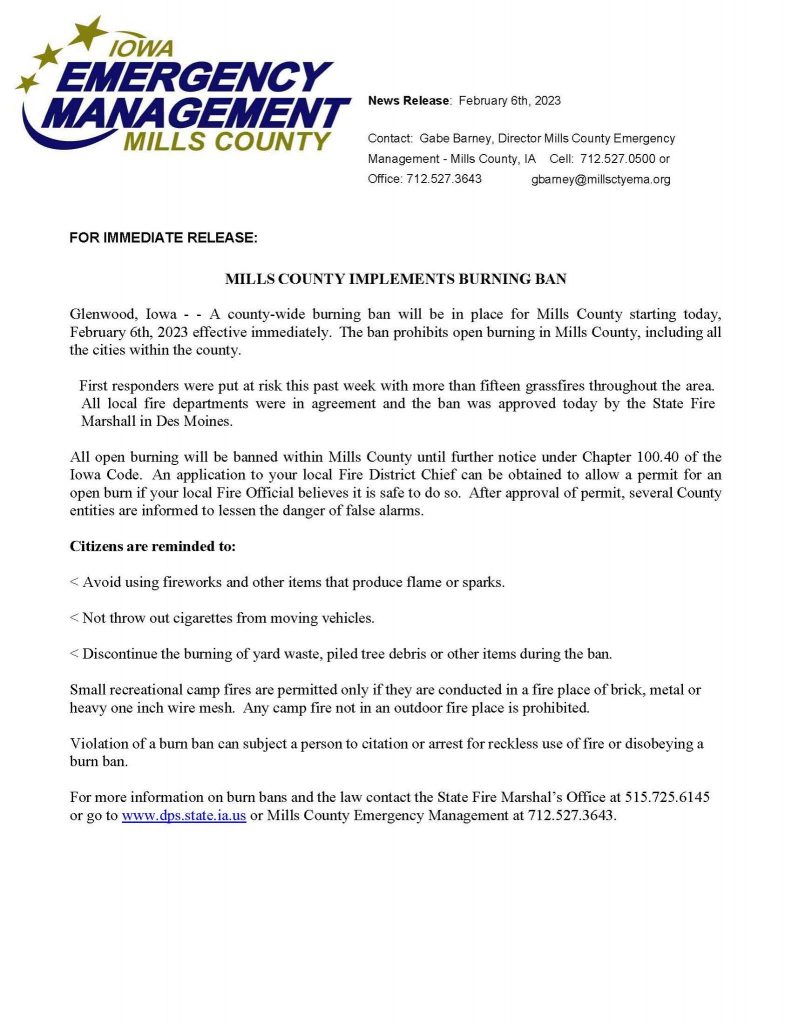Hunters take more deer this year
February 8th, 2023 by Ric Hanson
(Radio Iowa) – D-N-R state deer biologist, Jace Elliott, says hunters reported taking more deer this year. “We saw about 109-thousand-600 deer harvested across the state throughout all of our regular seasons, which represents about a seven percent increase to the harvest that we saw in the prior year,” Elliott says. That included 25-hundred deer taken in the new January season that allowed hunters to use any leftover antlerless tags. “We had 20 counties eligible for this hunt this year in Iowa, and 14 of them sold out completely. by the end of that season,” he says, “many of which sold out during the first day.” Elliott says the traditional hunting hotspots held true this year.
“You know, it was pretty typical to what we see, in most years, the southeast and northeast corners of the state were sort of leading the pack in terms of harvest numbers,” Elliott says. “I believe Clayton County — which is always kind of our number one harvest county in the state — maintained that position. But we did see a lot of harvest come out of south-central and southeastern Iowa as well.” Elliott says numbers were lower in western Iowa as they continue to build back from the E-H-D outbreak and floods in the Missouri River valley.
“Twenty-nineteen was a pretty bad year for E-H-D in that part of the state. And there were some other factors that go into the declines they’re seeing — such as river flooding during the fawn season, and, and so on. But E-H-D is certainly part of the puzzle. Fortunately, this year was a very mild year for E-H-D in Iowa,” according to Elliott. There were around seven-thousand deer licenses sold and hunters tagged deer at a rate of 30-35 percent — which is similar to previous years.
“Our deer population model indicates that we’re still on a fairly stable to slightly increasing trend statewide,” Elliott says. “And we’re well within our management objective, which is basically to manage the statewide deer population at the level that it was in the mid-1990s. And we’re more or less there and have been for years.” Elliott says the weather was favorable across the state for most of the deer season, which helped with hunter success.







